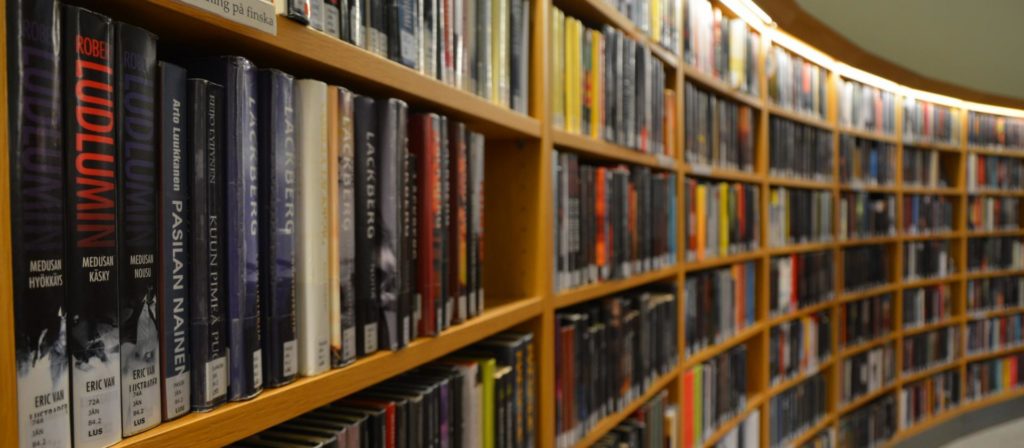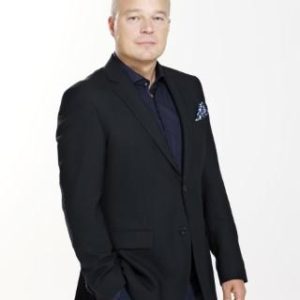
The circular economy is based on resource wisdom. The principles of resource wisdom are: no emissions, no waste and sustainable use of natural resources. The circular economy, such as library lending services, offers sustainable everyday solutions and helps to shift consumption to a more sustainable footing.
Purpose
The operation of libraries is basically environmentally friendly, as it is based on the recycling of resources, i.e the circular economy. Borrowing services are based on a circular economy, i.e the recycling of various resources such as books or objects in common use. There is no need to own anything yourself, and everyone benefits from having access to a wider range of services.
Results
The services of the Turku City Library are used annually by about 70,300 users. Turku has a population of 195,350 and all of them have the opportunity to use the services of the City Library.
Implementation
The circular economy essentially involves extending the life of goods and objects. Natural resources are saved when objects stay in use for longer and there is no need to make a new one. Turku City Library also offers various equipment for the repair of consumer goods. Until now, the library has been able to use, for example, a sewing machine and a seamstress, a 3D printer and a digitizer. The Turku City Library will develop its workshop operations in the spring of 2022, and the intention is also to organize guidance and various courses around the workshop operations.
The circular economy is based on resource wisdom. The principles of resource wisdom are: no emissions, no waste and sustainable use of natural resources. The circular economy, such as library lending services, offers sustainable everyday solutions and helps to shift consumption to a more sustainable footing. Libraries have become more diversified over the years and no longer focus solely on borrowing books. You can borrow games, musical instruments, an energy meter, trash cans, walking sticks or even a snow shovel from the Turku City Library. In addition, season tickets can be borrowed for the theater, orchestra, the city’s sports facilities, the Adventure Park, museums, the racetrack and TPS games. Consumption of intangible services does not burden the environment in the same way as buying new goods.
One library book can be rotated 80 times. In addition, e-books and e-magazines can be borrowed from the library, the production of which has used considerably less natural resources than the production of paper books and magazines. In recent years, the Turku City Library has greatly increased the number of its e-materials. In addition, they have been marketed more to the city through various reading campaigns and material recommendations.
Libraries can play a critical role in introducing new practices to people in an environment where they already are used to lending books. Libraries can enlarge their offering to cover multiple product categories and even services and this way make people familiar with new offering and practices in a trusted place. Getting people to try a new service instead of buying products for themselves in cases where the product is used seldom or sporadically will show the concrete benefits of alternatives to ownership based models that are still today the mainstream option. This Planet act scales particularly to organizations that offer public services to people and partially to commercial consumer companies with circular business model ambitions.

Such a great place and wonderful services! Voisikohan kirjasto harkita myös porakoneen ja höyrypuhdistimen hankkimista yhteisökäyttöön? Molempia tarvitaan harvakseltaan, eikä niitä haluaisi turhaan ostaa omia kaappeja täyttämään!
Turun kaupunginkirjastolle voi aina jättää hankintaehdotuksia erilaisista lainattavista esineistä. Ehdotuksen voi tehdä näppärästi täällä: https://link.webropolsurveys.com/S/7FF01E0E9D09E504
Kaikkia esineitä ja koneita emme pysty hankkimaan, sillä niiden huolto ym. resurssit täytyy ottaa myös huomioon.